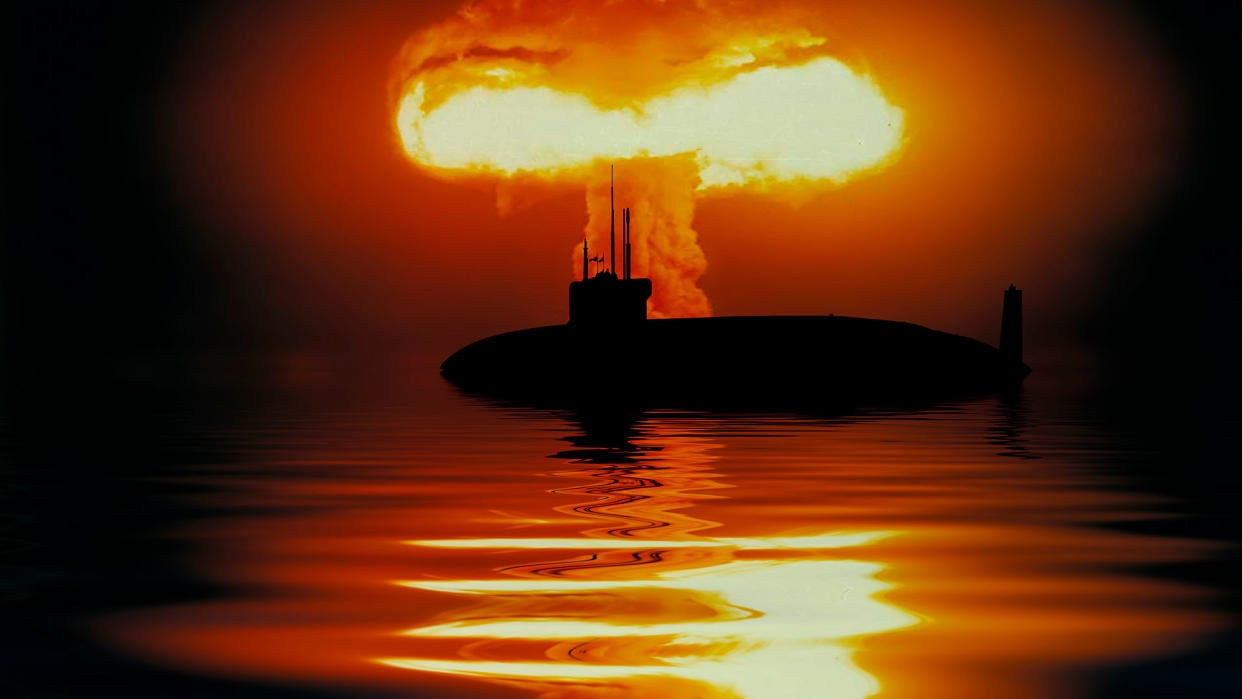Will the Doomsday Clock stand still or creep closer to midnight? Here's how to watch the reveal on Tuesday.

UPDATE: On Jan. 2 it was announced that the Doomsday Clock would remain at just 90 seconds to midnight, with the Bulletin of the Atomic Scientists citing the threat of nuclear escalation in Ukraine, climate change and disruptive technologies as reasons to keep the clock teetering on the "doorstep of doom."
You can watch the full announcement below.
Scientists will soon announce how close a hypothetical timepiece known as the Doomsday Clock is to midnight — the hour of humankind's self-destruction in an apocalypse.
The Doomsday Clock currently stands at its closest-ever point to midnight, with just 90 seconds left before the world as we know it goes up in flames. A perfect storm of existential threats contributed to the decision to move the clock forward from 100 seconds to 90 seconds to midnight last year. But will the clock lurch forward again in 2024?
This year's announcement, which will feature science educator Bill Nye among other experts, will be held on Tuesday (Jan. 23) and live streamed on YouTube here from 10:00 a.m. EST, or you can watch above.

Whether the clock moves forward, backward, or hovers at 90 seconds to midnight is decided by a non-profit organization of scientists and policy-experts known as the Bulletin of the Atomic Scientists (BAS). As in 2023, climate change, the ongoing war in Ukraine and disruptive technologies played a major role in the new timing of the Doomsday Clock, BAS representatives said.
Related: 3 scary breakthroughs AI will make in 2024
RELATED STORIES
—AI is transforming every aspect of science. Here's how.
—ChatGPT will lie, cheat and use insider trading when under pressure to make money, research shows
—Biased AI can make doctors' diagnoses less accurate
"Conflict hotspots around the world carry the threat of nuclear escalation, climate change is already causing death and destruction, and disruptive technologies like AI and biological research advance faster than their safeguards," BAS President and CEO Rachel Bronson said in a statement shared with Live Science.
"On all of these issues there is some progress, ranging from early-stage nuclear diplomacy between the US and China to record breaking investments in renewables [and] emerging national and international policy frameworks around technologies like AI and biological research," Bronson said. "But none of these efforts are moving forward quickly enough."

